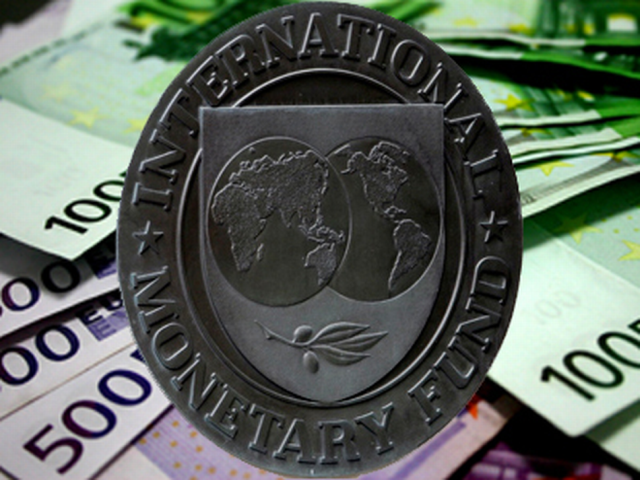New Economic Measures
A joint mission of the IMF, European Commission and World Bank is in Romania until February the 5th, to assess the stand-by loan agreement signed last autumn. Talks have been held with the Presidency, Government and Finance Ministry, with officials from the National Tax Administration, the National Bank of Romania and trade unions. They focused on the priorities of the economic reform and on legislation with an impact on the national economy.

Roxana Vasile, 29.01.2014, 14:10
A joint mission of the IMF, European Commission and World Bank is in Romania until February the 5th, to assess the stand-by loan agreement signed last autumn. Talks have been held with the Presidency, Government and Finance Ministry, with officials from the National Tax Administration, the National Bank of Romania and trade unions. They focused on the priorities of the economic reform and on legislation with an impact on the national economy.
A thorny issue is that of increasing the excise on fuel, suggested by the international lenders and accepted by Prime Minister Victor Ponta, but opposed by President Traian Basescu. In December, the President threatened that he would not sign the memorandum with the IMF. This is why the excise increase, originally scheduled for January the 1st, was postponed for three months, but PM Victor Ponta says it cannot be scrapped altogether:
Victor Ponta: “This is not possible. It is precisely what the IMF experts told the President. The European Commission and the IMF both made it very clear that we cannot change the budget law, and we have no intention of doing so.”
On the other hand, Traian Basescu argues that the excise raise would lead to inflation and price hikes. The President and his political rival, PM Ponta, need to reach a compromise on the proposed excise increase, which is a requirement if the precautionary loan agreement is to remain in place. The government does not intend to actually use the loan, worth 4 billion euros, but having an ongoing agreement with the IMF boosts Romania’s credibility with foreign investors.
The excise issue aside, the international financial mission is also looking these days at the state-owned companies under monitoring. Challenges in the financial-banking sector are also discussed, including bad loans and ways to encourage lending. Trade unions suggested that the flat tax system should be replaced by differentiated taxation, while the Romanian Investors Council proposed, among others, a reform of the social security collection system, a reduction of the VAT from 24 to 19%, lower VAT for basic foodstuffs and tax exemptions for reinvested profits.






























